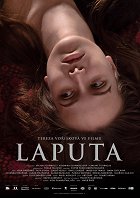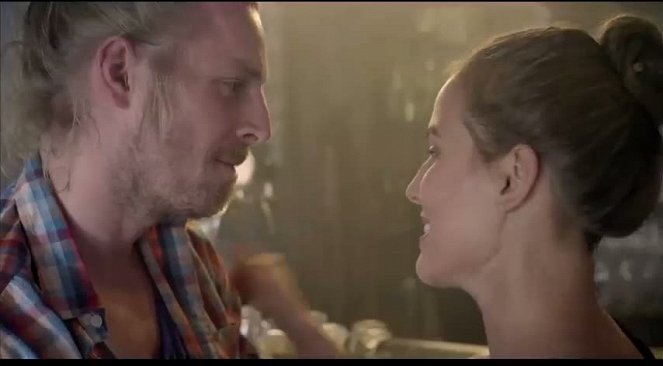Reżyseria:
Jakub ŠmídScenariusz:
Lucie BokšteflováZdjęcia:
Vidu GunaratnaMuzyka:
Pavel KopeckýObsada:
Tereza Ramba, Igor Orozovič, Petr Stach, Luboš Veselý, Pavel Gajdoš, Jakub Gottwald, Alena Hladká, Denisa Barešová, Oldřich Hajlich, Marika Šoposká (więcej)Opisy(1)
This testimony of the "lost" generation of today concentrates on a group of regulars from the Laputa night cafe. The name poignantly symbolises the loose social status of all the protagonists including the main character, barmaid Johanka. Laputa, the mythical flying island, is their common escape zone. (Summer Film School)
Recenzje (4)
A clueless expression of cluelessness. If not for the mature camerawork and the assiduous acting of Tereza Voříšková, I would be searching in vain for a single reason why Laputa would not be shown on broadcast television on a Sunday evening instead of in cinemas. In fact, many low-budget television productions have an incomparably more sophisticated dramaturgical structure, better-developed characters, more convincing dialogue and greater storytelling value. Whereas Hana’s other recent generational statement managed to impress at least with its bold technical execution, Laputa has nothing with which to fill or cover up its content void. The film is just as tiresome and tiring as its weakling protagonist, who does nothing, deals with nothing, strives for nothing and changes nothing (the only major decision that she makes comes out of the blue and ultimately doesn’t bring about any change anyway). One of the few disruptions to her routine of surviving from day to day is when the boiler leaks, but she accepts it with the same apathy as she does all other events. While characters appear and disappear (some quite illogically after the midpoint of the film), nothing changes. Just more conversations about fire, water and the inability to do anything with oneself. You can probably understand that, regardless of the creative intent (to somehow convey the protagonist’s sense of resignation to us), this is about as comparably entertaining as watching paint dry. Johanka stereotypically and futilely seeks happiness in a variously committed relationship with one of her approximately five casual partners/friends, mostly self-centred jackasses (one is a jealous idiot, another sometimes deliberately cuts his own palm, yet another appears as unexpectedly as he leaves) who will most likely blend together in your mind just as the content and the mood of the film’s individual scenes do. The only sensible, practical man is a dad with a wife and two sons. I don’t know whether or not to take from this the lesson that only parenthood will make you a purposeful human being – especially since Johanka’s mother is clearly not okay. It’s fine that the narrative monotony is matched by subdued camerawork with muted colours and impressively “tired” and usually static compositions (only the scenes at the grandmother’s house and the single scene in Laputa, when it seems that Johanka has finally taken the right direction, are brighter), but if the film (and its characters) lack rhythm and pace, it doesn’t matter how faithfully you transfer that absence into the visual aspect. 35%
()
Tereza Voříšková’s character is very real and believable, but it doesn’t help her much, she is stuck in a circle and her pub Laputa is full of Andy Warhol style artists. This movie is obviously made by artists for other artists. It is trying to be realistic, but it gets lost in the thoughts that will get immediately condemned by the average audience.
()
This is one of the new creations of promising young people. Just a little while ago they were making their student films and now they feel they have lived enough to pass on their inner world to us. Yeah. But it will pass.
()
I can't help it, for me, this is a classic Czech film that leaves me cringing. The actors want it to be interesting, they think it has something to say, and it's even symbolic with references to classic literature, but it's really just about how we fail to live our lives. Perhaps it’s not a bad theme, but I didn't like this rendition.
()

